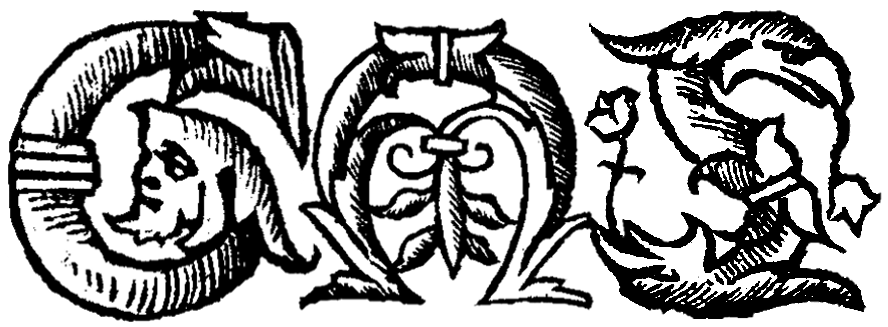Millstatt Plaint of Sin | Millstatter Sündenklage

Detail from _Silk with Griffins_. 1200-1250 CE. Silk and silver-gilt metal on parchment over cotton. Central Asia, Sicily, or North Africa. 69 1/4 x 38 1/4 in. (175.9 x 97.2 cm). The Cloisters Collection, 1984, at the Metropolitan Museum of Art, New York. Object Number 1984.344. [https://www.metmuseum.org/art/collection/search/466119](https://www.metmuseum.org/art/collection/search/466119). [Public Domain]
